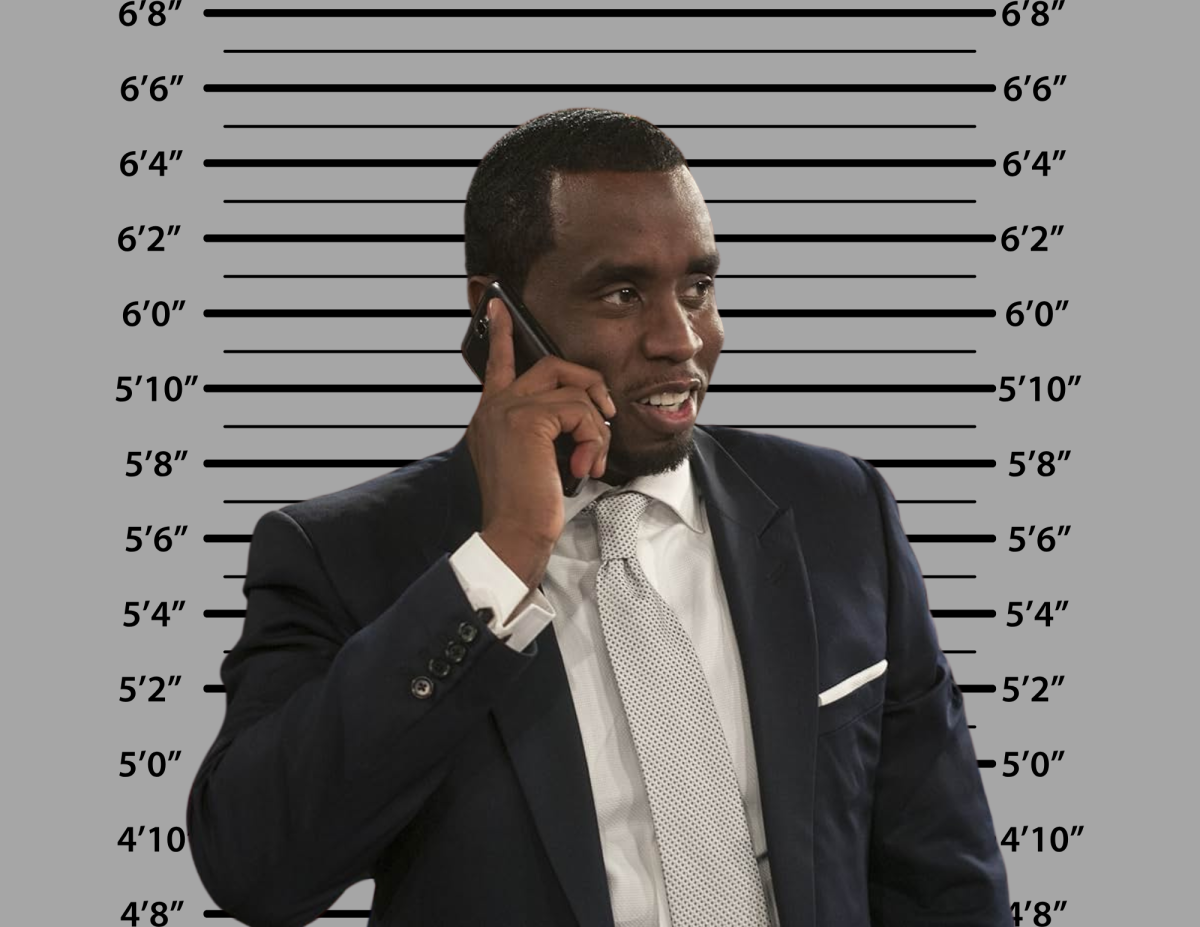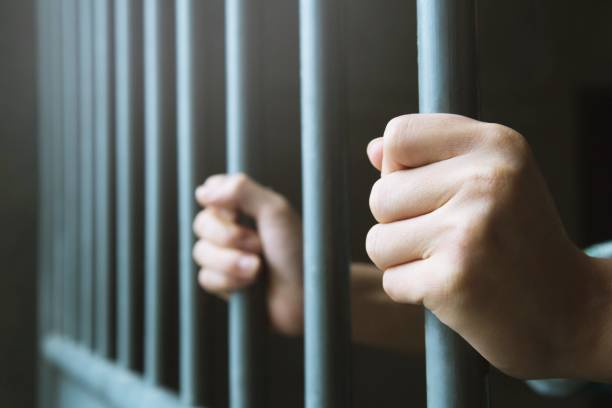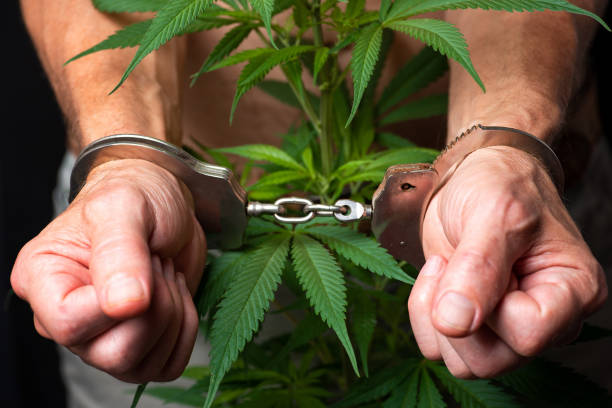Nishe Butler | Opinions Editor
4:20 — not the usual chapter and verse of the Bible, but a holiday celebrated by many, known by some as “Weed Day.”
4:20 dates back to the early 70s when three high school friends referred to as the “Waldos” would meet up after their athletic practice, at the statue of Louis Pasteur outside of their high school at 4:20 P.M., the plan, with map in hand, to locate a particular type of marijuana crop near the Reyes Peninsula coast.
The crop was cultivated by a Coast Guard service member who could no longer tend his plot of marijuana plants.
Originally 4:20-Louis the code name eventually became 4:20. When asked by the Huffington Post, Waldo Steve said, “We never found the patch.”
The Waldos also had ties with the popular 70s band the “Grateful Dead” as well as the magazine High Times which took the phrase global.
“I started incorporating it into everything we were doing,” High Times editor Steve Hager told the Huffington Post.
“Seems like everybody I know who smokes daily or many times in a week, it seems like there is always something going wrong in their life, professionally or in their relationships, financially or something, It’s a lot of fun but it seems like if someone does it too much there is some karmic cost to it.
I never endorsed the use of marijuana but, hey it worked for me,” Waldo Dave included.
“I’m sure on my headstone it’ll say: One of the 4:20 guys.”
Denver, Colorado hosted the 4:20 festival on Saturday April 20th which is similar to a beer or wine festival complete with awards for taste, appearance and potency of the weed/cannabis.
The Denver event was sponsored by High Times magazine.
Snoop Lion, the new reggae and marijuana- loving persona for the rapper better known as Snoop Dogg, received a lifetime achievement award from High Times and the hip-hop group Cypress Hill performed to a sold-out concert at the iconic Red Rocks Amphitheater.
Denver and Washington are the two states who have legalized marijuana for recreational use.
Both states are still waiting for a federal response to the votes and are working on setting up commercial pot sales, which are still limited to people with certain medical conditions.
In the meantime pot/marijuana users are free to share use the drug in small amounts.
Perhaps even a political statement by people who want to see the end of marijuana prohibition.
Here in California there are three competing measures on the May 21 ballot that has divided L.A.’s lucrative medical cannabis industry.
With Proposition D, which would shrink the number of pot shops to about 130, only dispensaries which opened before the adoption of a failed 2007 city moratorium on new shops, would be allowed to continue operating. Proposition D is backed by the Los Angeles County Democratic Club and by a labor union that has organized workers at dozens of older dispensaries.
Another Measure F, would place no limit on the number of pot shops but would require them to submit to city audits, test cannabis for toxins and keep a certain distance from schools, parks, and other dispensaries. Like Proposition D, it would increase taxes on pot sales.
The third measure, Initiative Ordinance E, would permit only the older shops but would not raise taxes.
It was put on the ballot by a group of older shops and the dispensary employees union, but that coalition has shifted its support to the council backed Proposition D.
The measure with the most votes will win but only if it receives more than 50 percent of the vote.
If none of the three receive majority approval, they all fail.
So, although pot is legal at some state levels and illegal at federal levels now is the time to educate yourself as much as possible to see where and if you agree with a smoke haze that may be headed to a location near you.





